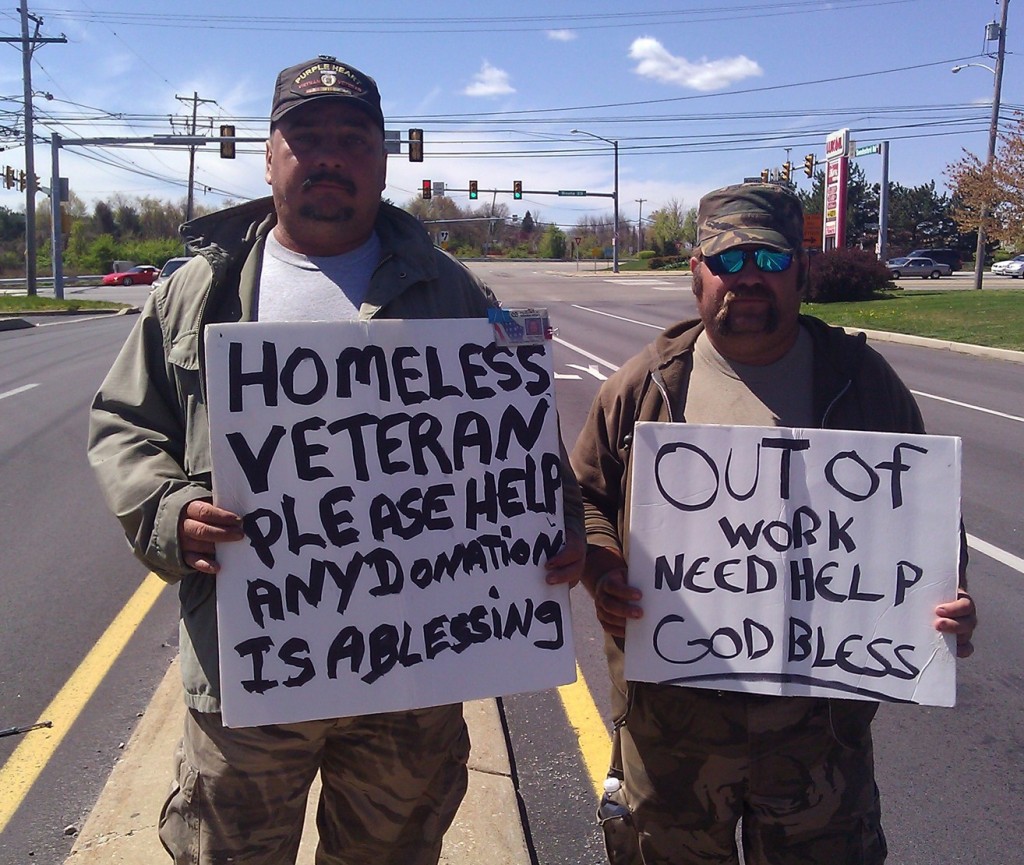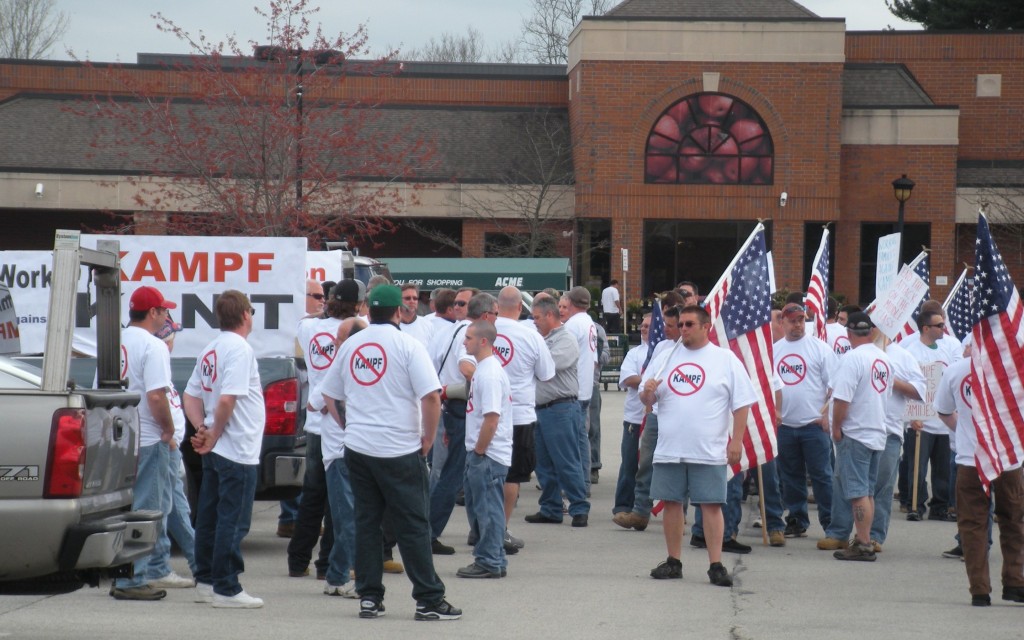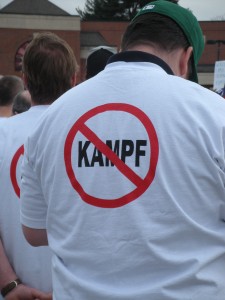As school boards across the state are scrambling to balance their own budgets, it’s also crunch time in Harrisburg. At this point, it is unclear how much help the Governor and his administration is willing to provide in the budget for education. Even if Corbett restores some of the education funding in the state budget, it seems impossible that the economic crisis in school districts will be solved.
School boards have been put in the difficult position of making tough decisions on educational programming cuts, staff reductions, increased class sizes, etc. in an attempt to balance budgets. But looking ahead, how does the state and local school districts handle the inevitable … the pension tsunami. Whether it is the pensions of the state government workers or the public school teachers, how is it possible to solve this seemingly impossible situation?
The State Employee Retirement System (SERS) and Public School Employment Retirement Association (PSERS) enjoyed huge investment gains in the 1990’s and the pension funds climbed to 123 percent. In their wisdom at the time, legislators decided to reduce the state’s contribution in May 2001 (known as Act 9). However, without the benefit of crystal ball forecasting, four months later the world plunged into a recession and the pension funds balances began to fall. Unfortunately the state’s pension problems were increased with the passage of Act 40 in 2002, which allowed the state to continue to lower their contributions to the pension, increased the employee contribution rate to 7.5 percent and provided for a cost of living adjustment (COLA).
The next round to pound the state pension plans was the recession of 2008. As a result, the once overfunded pension system plummeted and is currently funded at around 80 percent. Couple the underfunded pensions with the fact that a wave of baby boomers are set to retire this year thru 2016. How are the school districts (taxpayers) going to make up the unfunded liabilities? Pennsylvania school boards are left to manage the 800-lb gorilla in the room – Harrisburg’s public pension crisis.
We know that the only solution to the problem is a long-term pension reform plan. I have written several articles on the absolute need to overhaul the pension system of Pennsylvania’s state workers. (If interested, enter ‘pension reform’ in the search box on the home page of Community Matters). It is no longer possible for the state to fund a traditional defined-benefit plan; a change to some type of 401(K) pension plan is needed (required) for all future state employees and public school teachers.
The move away from traditional defined benefit pension plans, where the investment risk is borne by the taxpayer, is long overdue. There really is no other way. Many legislators have addressed the need for pension reform, including our state representative, Warren Kampf (R-157) who held a town hall meeting on the subject this past March. (Click here).
The school districts do not control teacher pensions – Harrisburg does. The precarious, ‘at the edge of the cliff’ situation of school districts will continue as long as there is no pension reform. There is no ‘new’ news on the pension disaster; it has been staring lawmakers in the face for some time. But now that the pension crisis is upon us, the real question is … how do we get Harrisburg to act … and to act quickly!



